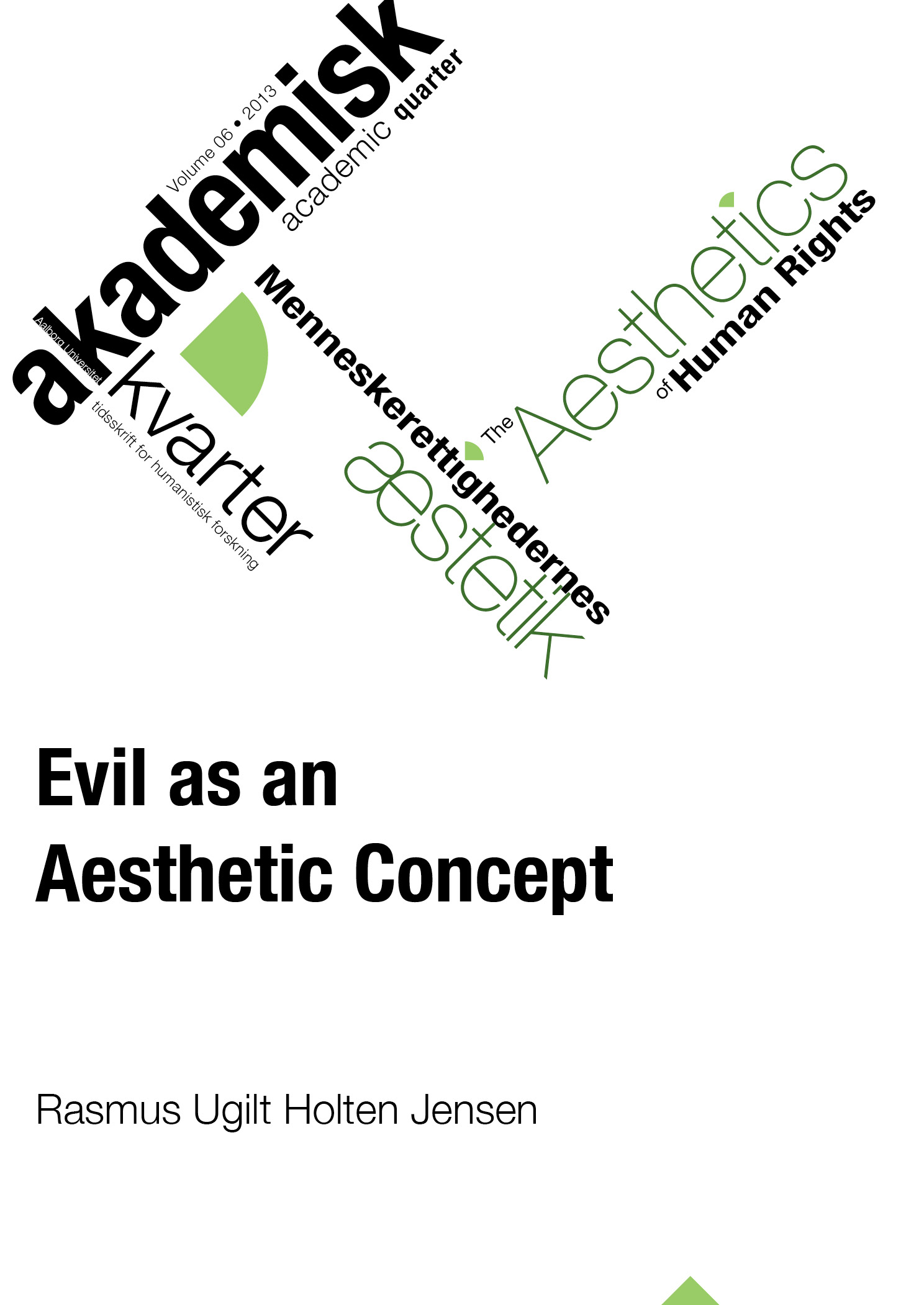Abstract | Abstract
It should be quite easy to observe that there has been an overwhelming increase in popular usages of the concept of evil since events termed simply by the dual integers 9/11. The way the academic community has reacted to the (re)emergence of the signifier "evil" in public discourse can be divided into three general trends. First there are the ethico-political discussions and investigations, which more or less take the concept at face value. Secondly there are the philosophical investigations into what the concept of evil could at all be taken to mean: "What is evil?" Thirdly there are the more discourse-analytically inclined investigations into how human relations are structured by the usage of such morally defined signifiers. What unites all of these approaches is the generally accepted idea that the concept "evil" is a moral or ethical one. The central point of this article is to challenge this idea. It will be argued that the crucial function, which the concept serves, is often aesthetic rather than ethical. The article argues that it might be prudent to open up this framework in a direction that draws as much upon aesthetic theory as it does upon theories of ethics. In so many words we have many reasons to study closely the aesthetics of human rights.
